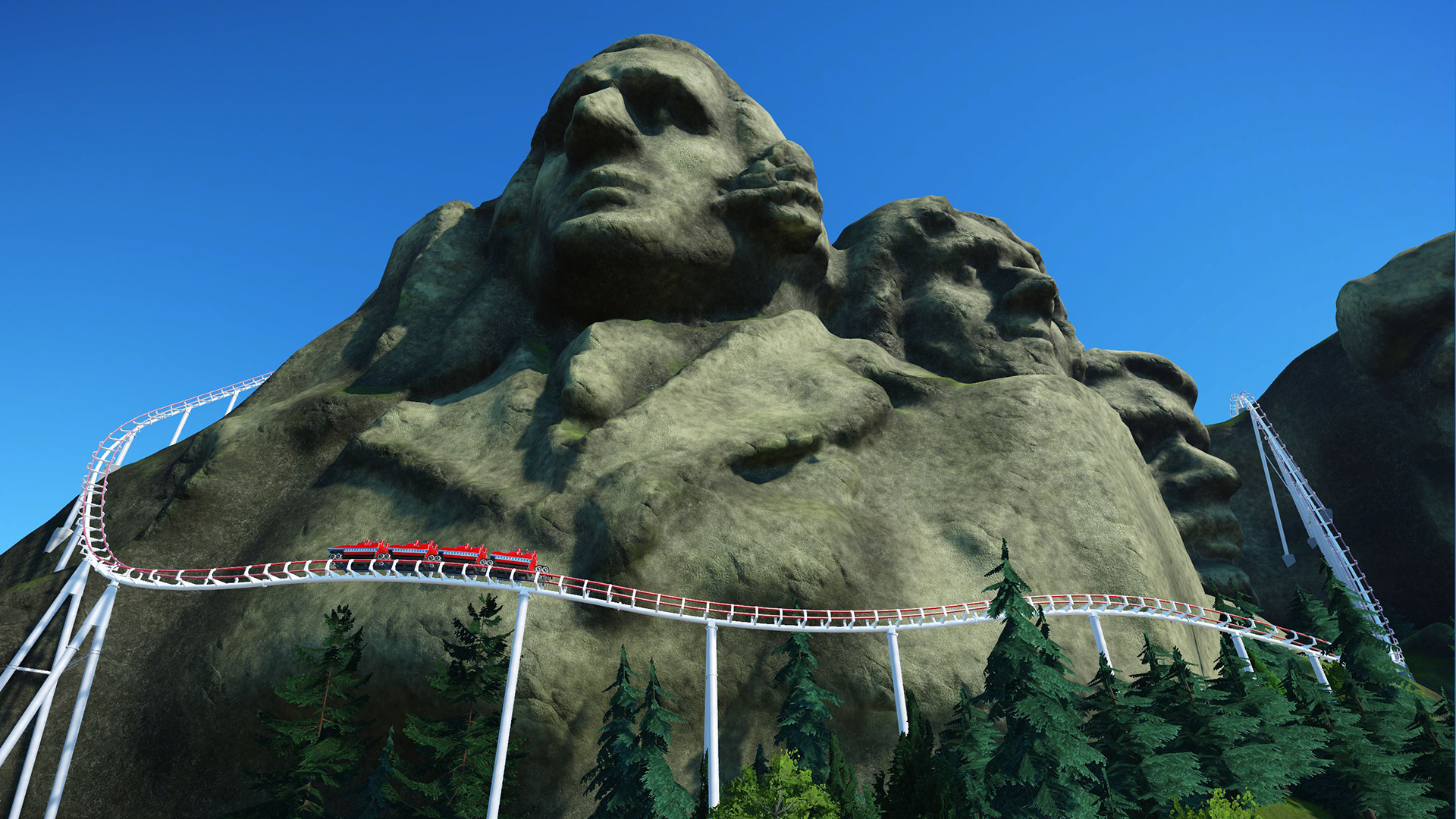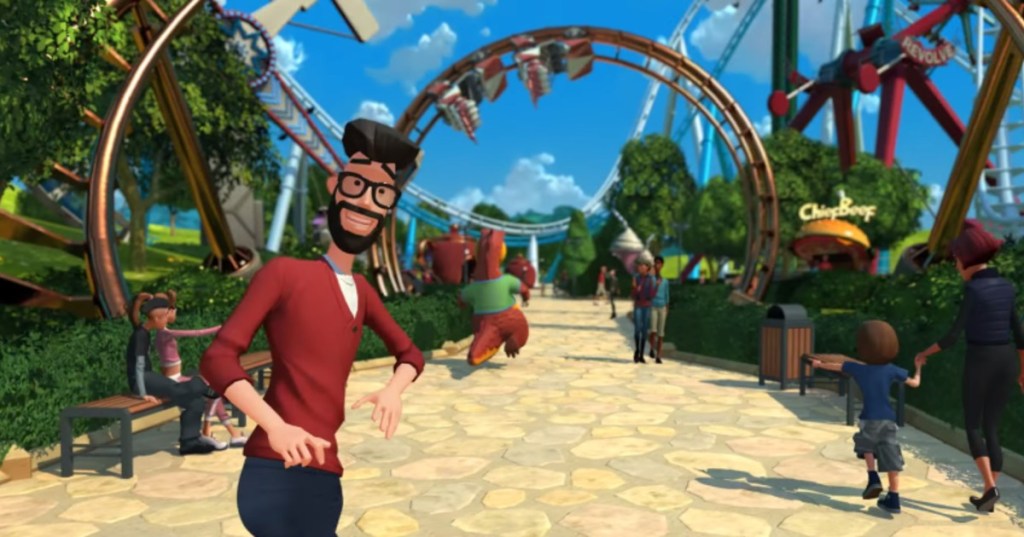It's been over ten years since Frontier Developments released RollerCoaster Tycoon 3, a theme-park sim game so successful that, according to Frontier's Director of Art John Laws, it killed the genre. Since then, though RCT 3 sold over ten-million copies, a lack of publisher confidence has kept Frontier from being able to make another.
They've not been completely disconnected from theme parks and rides. In 2011 they made Kinect Disneyland Adventures, and in 2015 the arcade action-puzzler Screamride, both for Microsoft. Funded off of the success of Elite: Dangerous—also developed and published by Frontier—they've been able to push forward with Planet Coaster, concentrating everything they've learned in those ten years on the new sim, which Laws says is already successful, with two-million pre-orders already.
As one can guess from the title and its pedigree, Planet Coaster is a theme-park simulation game. Players have the options of using different themed packs or sets on buildable terrain, creating paths from ride-to-ride, constructing simple rides and large impressive coasters, and adding attractions, mascots, and shops near rides. One of the first parks that Laws showed me features an animatronic pirate band on the path between attractions, where individual sims charmed by it dance along to the music. Laws says this will be a commercial opportunity in the final game, with sims paying money to start the robot band's routine.
Currently, there are two material packs available, a generic ride pack and a pirate pack, with an upcoming fantasy pack. These individual packs gives the player options to create themed content, like the animatronic pirates, or pirate-themed restaurants and sea-fort buildings. However, it's how players have used these materials that has surprised Laws so far.
About to enter its stage-two alpha, Planet Coaster impresses the most with its creative build mechanics. Yes, it's possible to just create things using the templates straight-out-of-the-box, placing pieces next to each other using the simple editor to create buildings, shops, and themed features. However, Planet Coaster features what may be the most comprehensive and robust editing features for terrain and buildings that I've seen in a video game. No other game is so fully featured in how it lets you build environments.
There are currently no tutorials on how to use Planet Coaster's tools in the alpha, so Laws ran me through them one by one. The terrain editor uses what at first feels like a simple set of building tools (up and down), but these can get much more impressive by checking and unchecking options that increase and decrease intensity and "brush" size, similar to Photoshop and 3D-modelling app ZBrush, allowing you to sculpt the terrain however you please. For an example, Laws showed me a build with a coaster running through and around Mt. Rushmore, and then gave George Washington a giant troll-nose to demonstrate how easy the tool is to use.
Similarly, buildings and other structures in the parks are extremely customizable. You can, if you choose, simply build with the templates, creating attractions and themed areas by snapping everything together at right angles. A press of the X button gives you an X-Y-Z position control, and a second press gives you rotation controls that will be familiar to anyone who's used Maya, 3DStudio Max, or other comprehensive 3D animation programs. This allows you to change the buildings and their accessories like lamps, windows, signs, etc. into any configuration you want by combining shapes at any angle. Enterprising alpha players have surprised Laws by recreating famous works of architecture like The Colosseum of Rome.
As a management game, crowd flow is a big part of the game, so creating efficient paths and lines along with curved paths, even on raised platforms and stairs, is important. And of course, you can run your coasters through, up, and around the terrain and buildings you create. There's even an automated feature that will punch a hole through terrain to make way for a coaster to head through it. Part of what's impressive as well is the ability to scale from a far-off view of the whole park in operation, down to the experience of the individual sims.
Planet Coaster looks like it's going to be an impressive building creation sim and management game, but I was most impressed with the build tools that could be as simple as placing the objects quickly or taking the time to use toolsets adapted from 3D-modeling programs. It's currently available for pre-order on PC from Frontier's online store for $30 or the $75 Early Bird Alpha package to get access of course to the alpha, with plans for the game's final release in Q4 2016.
Planet Coaster
-
Planet Coaster #1
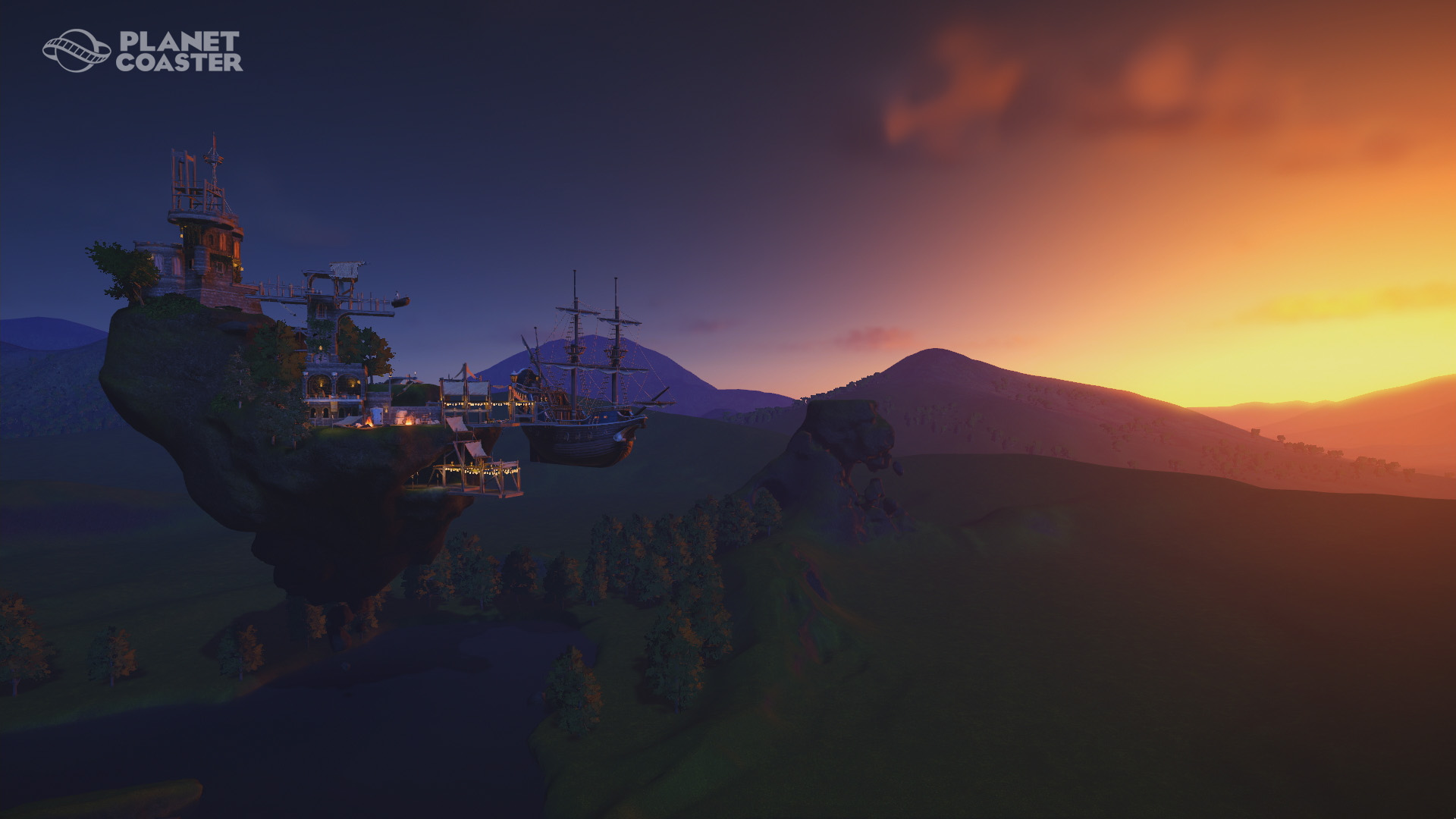
-
Planet Coaster #2
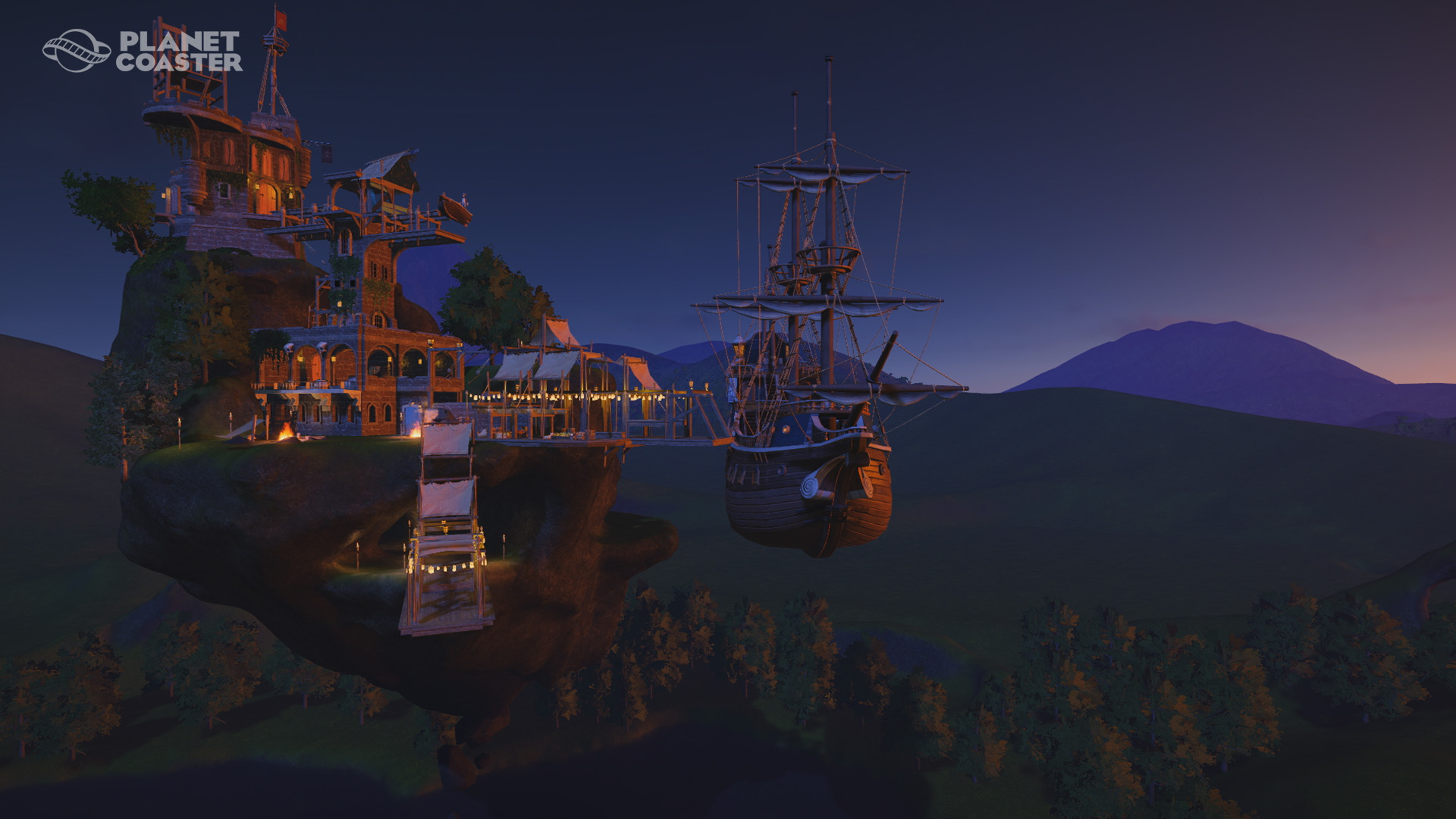
-
Planet Coaster #3
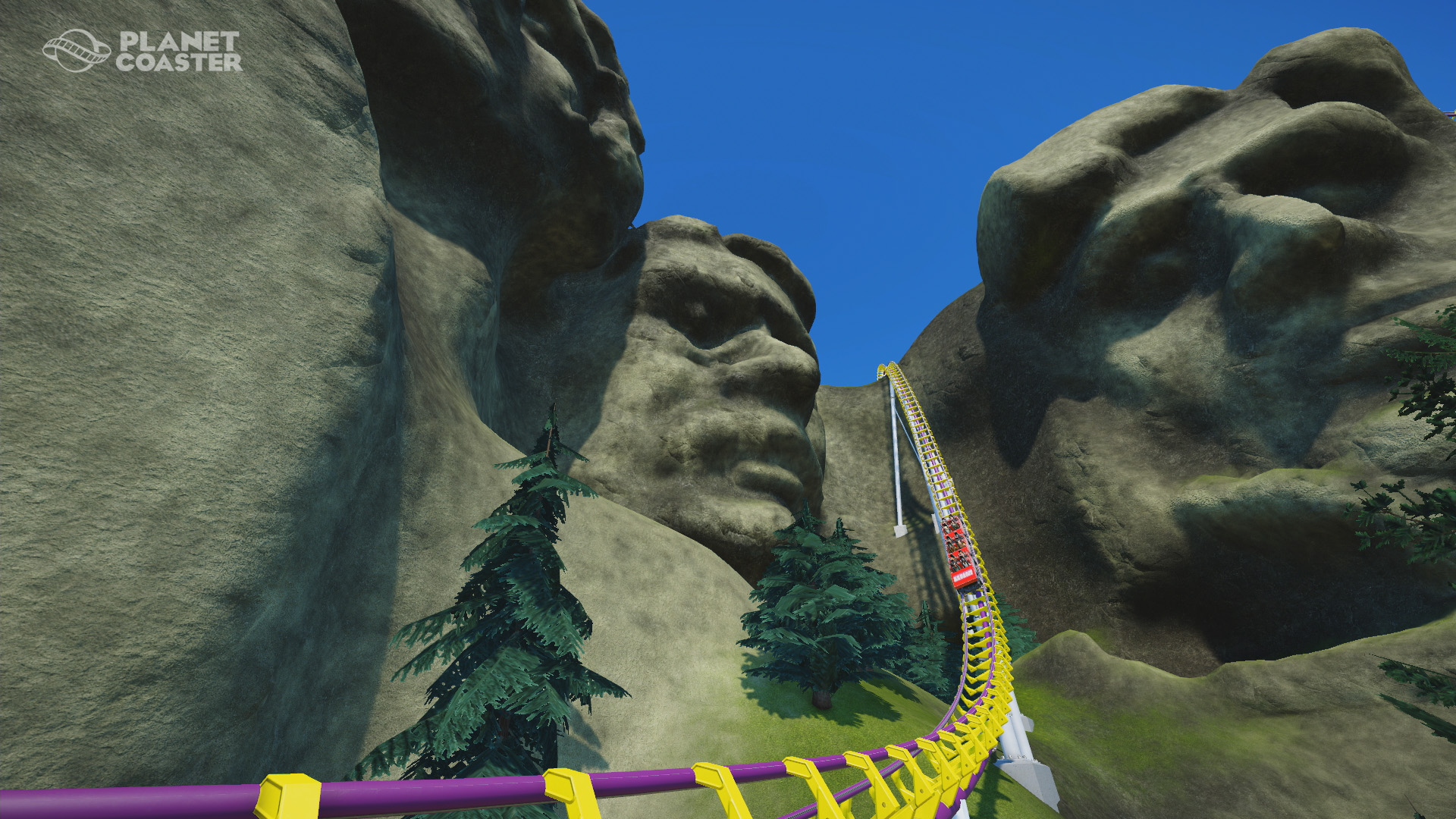
-
Planet Coaster #4
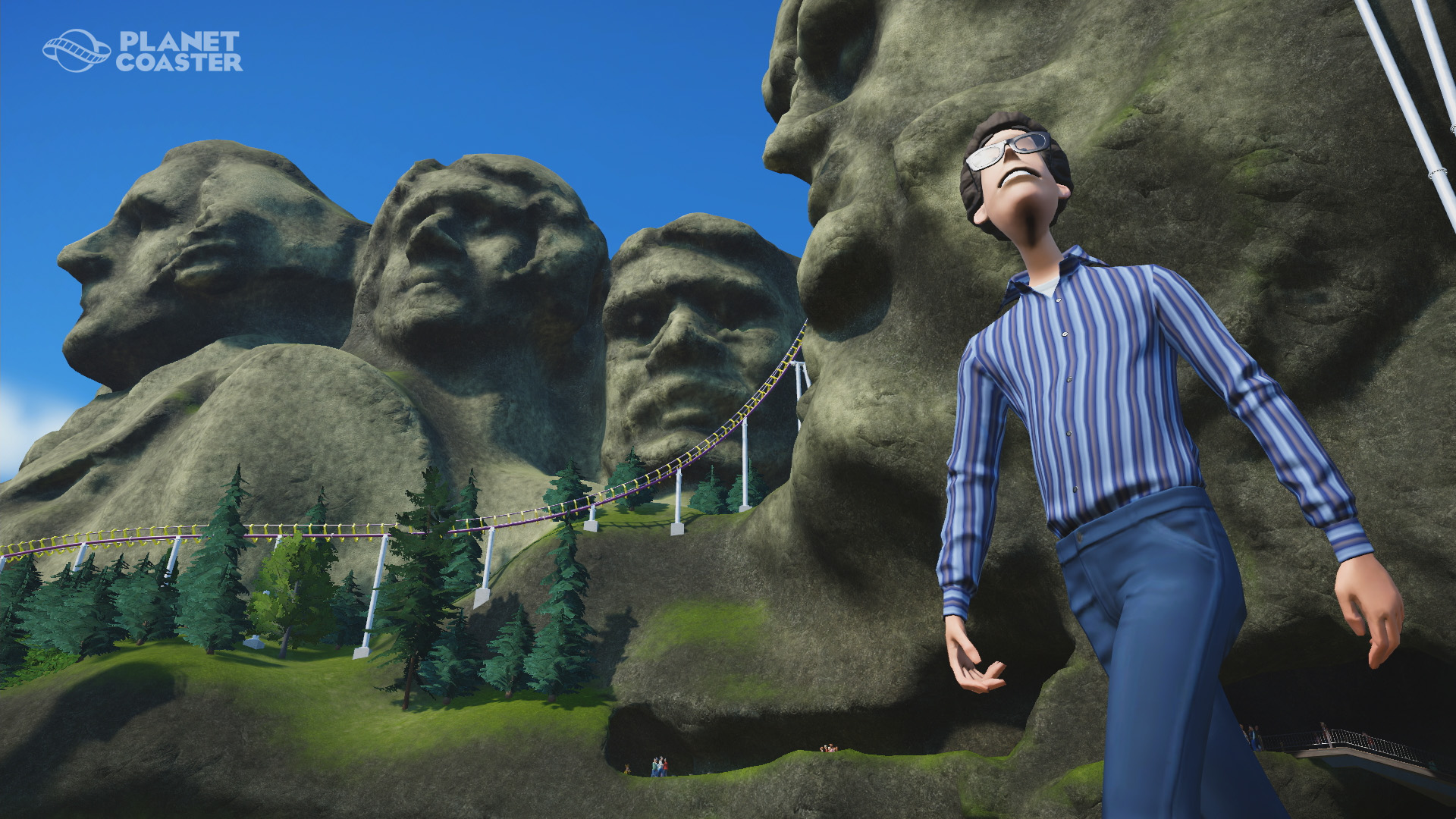
-
Planet Coaster #5
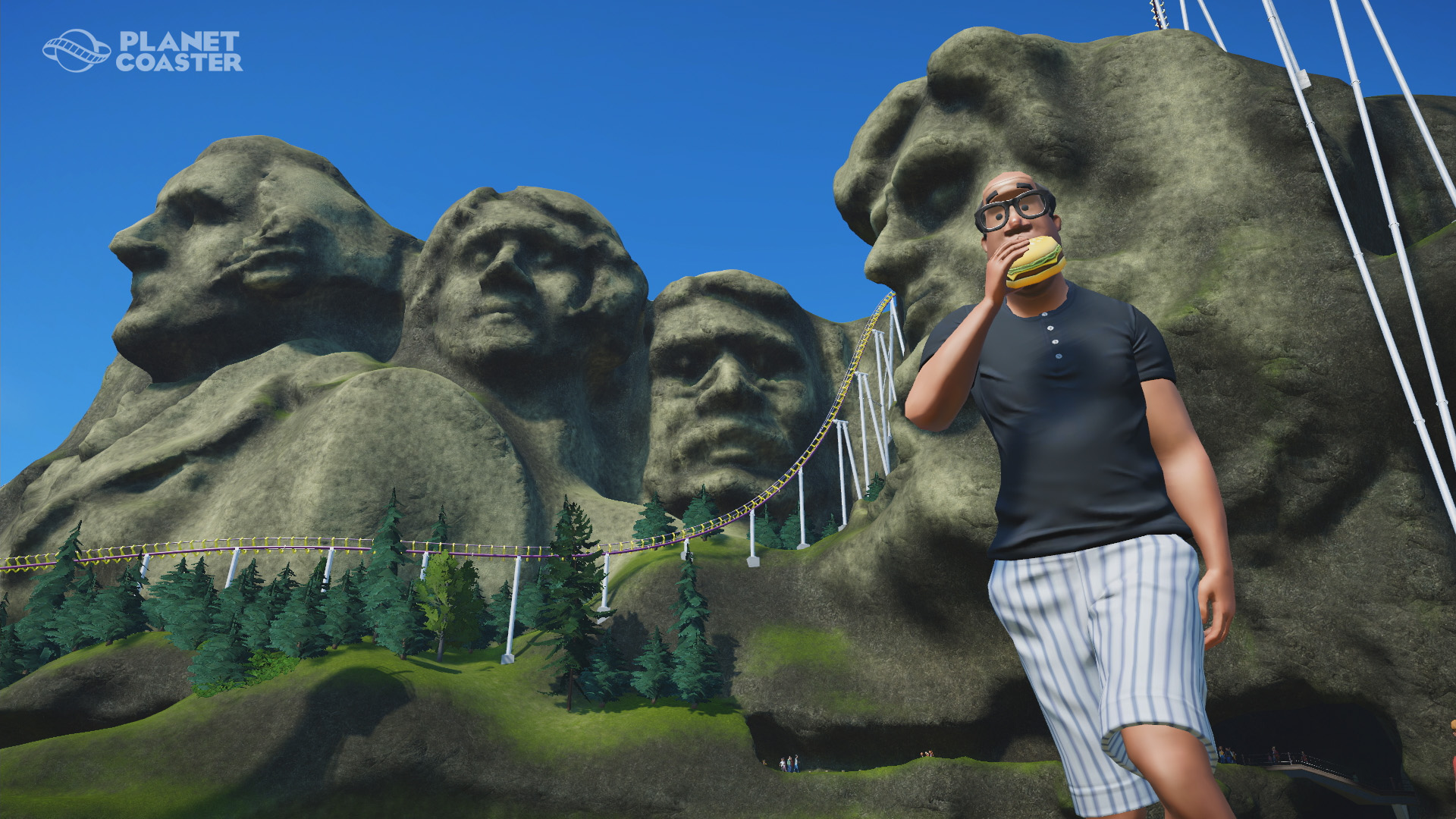
-
Planet Coaster #6
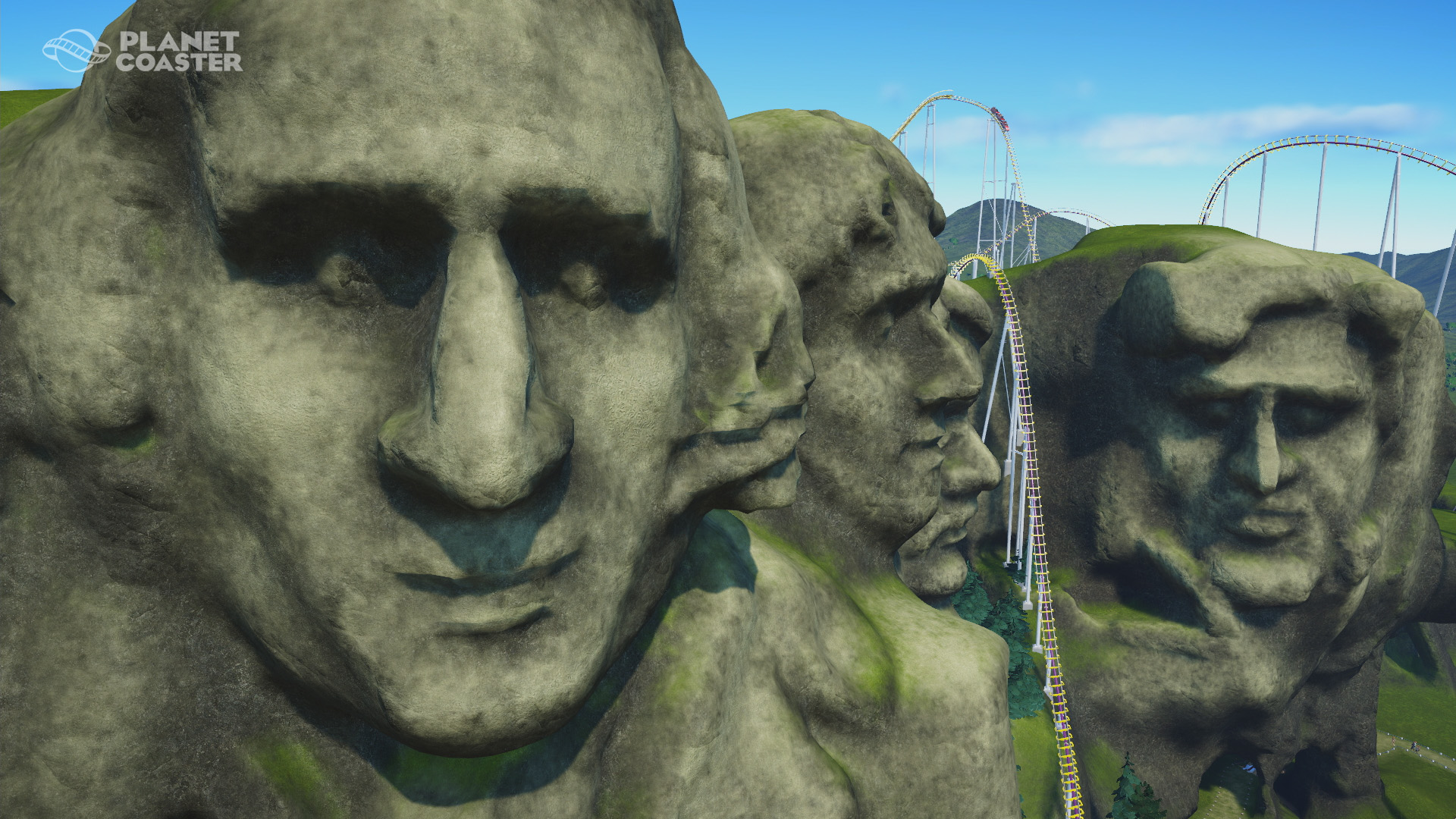
-
Planet Coaster #7
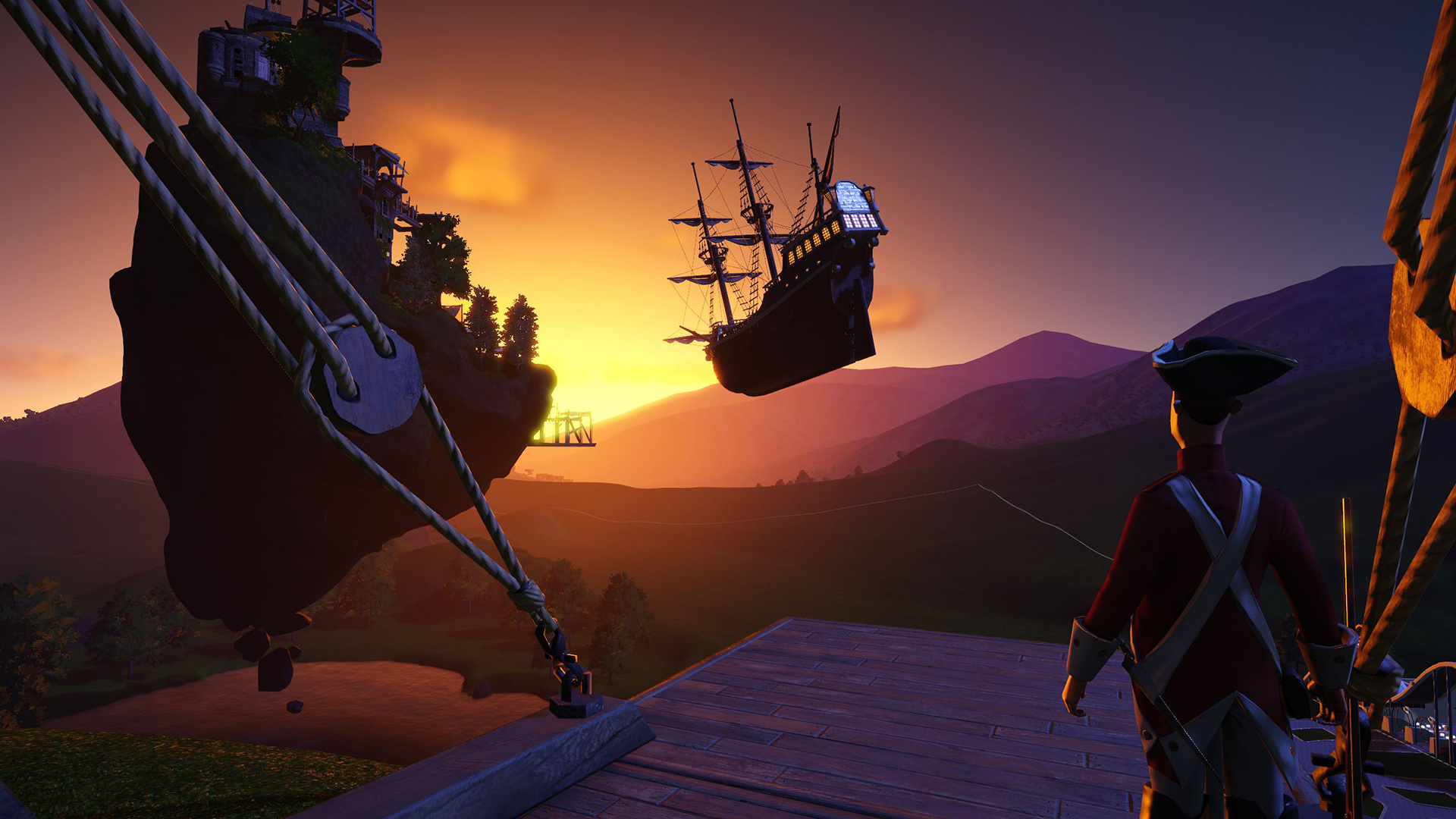
-
Planet Coaster #8
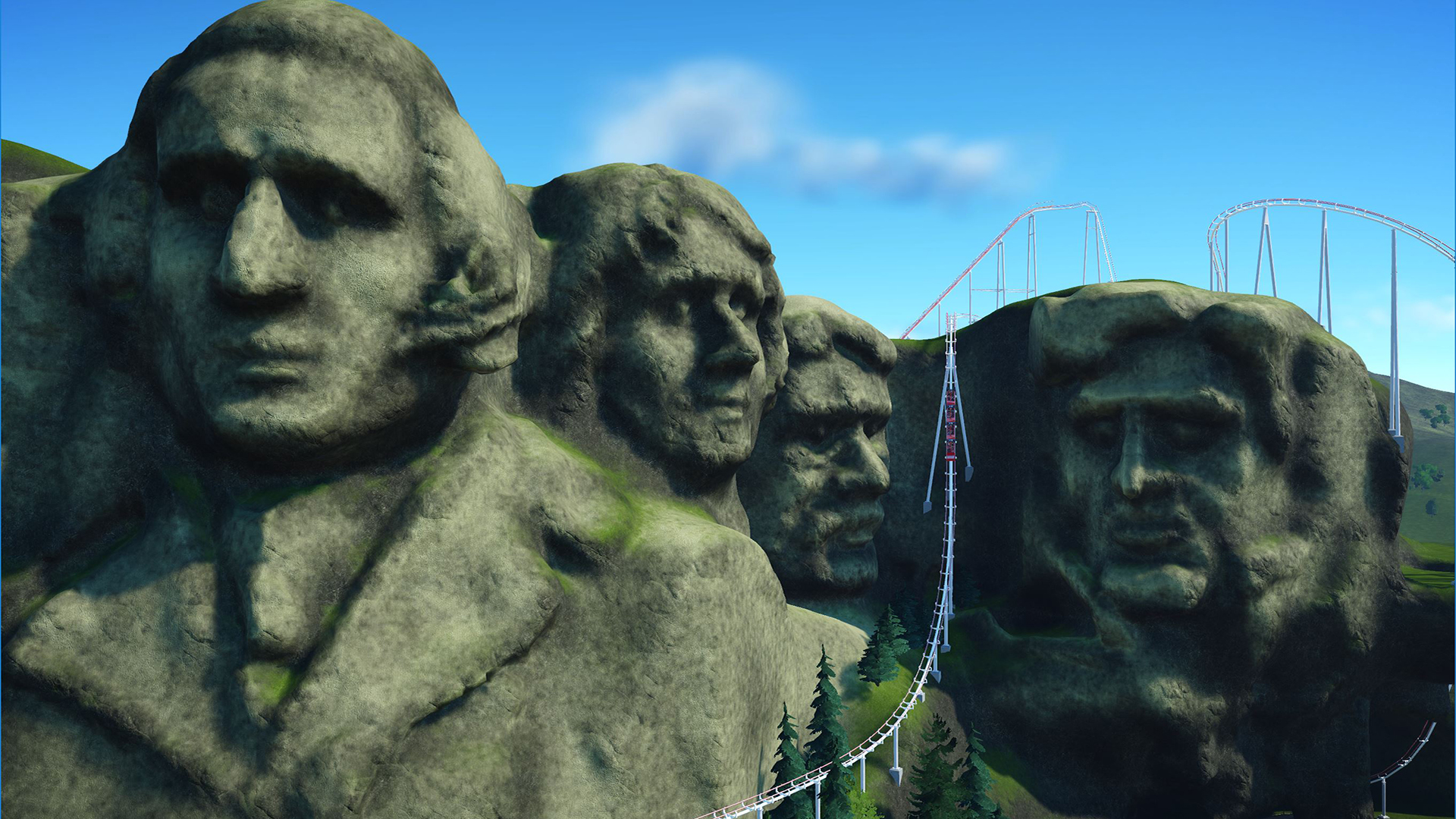
-
Planet Coaster #9
